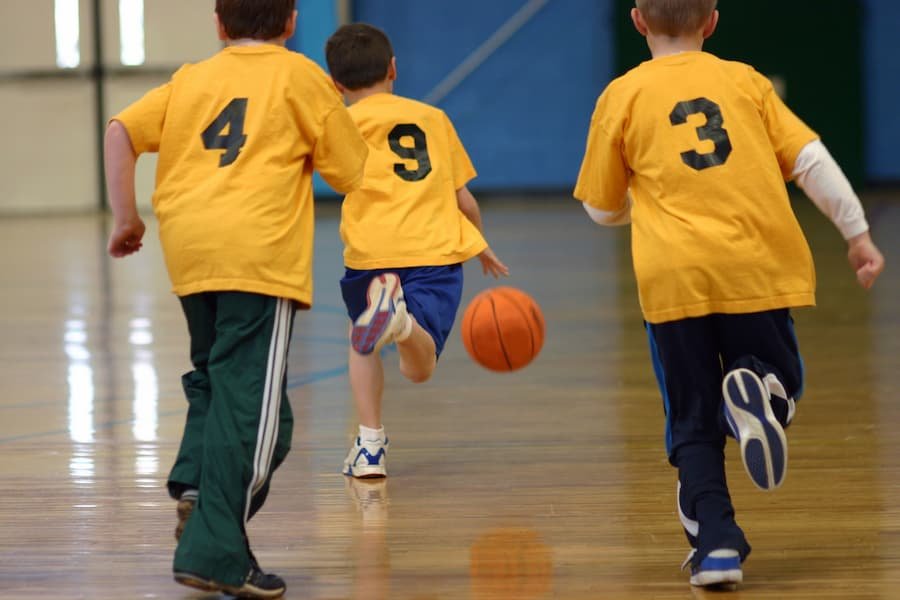Neurodevelopmental disorders such as ADHD have become more prevalent in children. These disorders may result from increased screen time, technology, and other electronic devices. Many children with ADHD feel pressured and embarrassed about their conditions and may worry that they cannot perform well at school or on the field playing sports. As a result, parents need to understand the symptoms of ADHD and know how best to manage their child’s disorder, which can be particularly difficult for sports-minded kids. The following article will provide a detailed guide on what parents need to know regarding ADHD and sports.
Table of Contents
Three Symptoms of ADHD in Sports
- Inattentiveness. Children with ADHD may have trouble paying attention to instruction, not being able to focus on tasks, or being distracted while playing a sport. They may also be quickly bored by competition or lose interest in games until you force them to stop playing. When children with ADHD play sports, they can become angry and defensive during games or practice and may not listen to their coaches or the other players.
- Inability to keep their mind on tasks. Children with ADHD may struggle to remain focused on activities and keep their minds on a game or sport. They often do not finish tasks, take shortcuts to do them quickly rather than correctly, and may find that critical tasks slip through the cracks. Many children with ADHD also struggle to complete tasks within expectations, such as homework or assignments at school. They can also experience distractions, such as playing video games or watching television.
- Impulsivity. Impulsivity is the tendency to act without thinking of the consequences. Children with ADHD tend to be impatient and may act without thinking when they have a goal. They may move toward something without stopping and thinking before doing anything. This can make it difficult for them to build strategies, develop plans, and make good decisions while playing sports.
Various Ways Parents Can Help Prevent the Development of ADHD in Children
- Schedule enough time each day for a child’s movement activities, such as playing sports or dance. Set specific times to play sports, including practice and games.
- Establish a regular game day schedule for sports. Set daily goals to help children play more precisely per their individual needs.
- Create a special place for exercise, like a game room or playground. Exercise should be fun, so set clear expectations and make simple goals to understand. Establish clear rules of behavior that do not encourage impulsive interruptions when playing sports. Children with ADHD may want to join in a discussion, but this can cause them to miss important gameplay. For this case, when incorporating ADHD Parental Help, be sure to set brief breaks for the game during the season and make sure children know what you expect from them.
Conclusion
When managing the symptoms of ADHD, parents must remember that sports give children an outlet for their energy. It also helps children develop cognitive skills and learn how to win or lose graciously. Children with ADHD should be encouraged throughout the process of playing sports, even when they forget their responsibilities as a member of a team. If you provide a child with ADHD with a consistent routine, it can go a long way toward helping them succeed.
Read Also: Top Sports Stars and Their Net Worths

